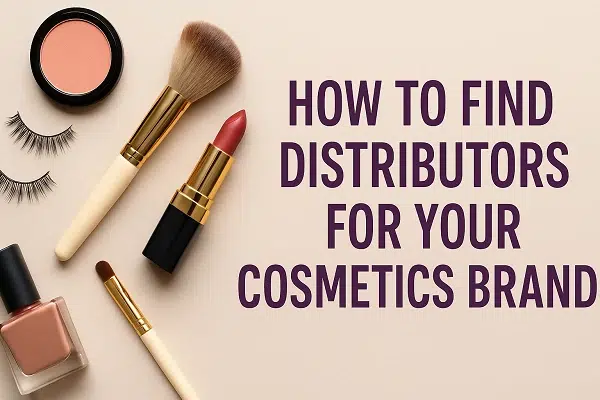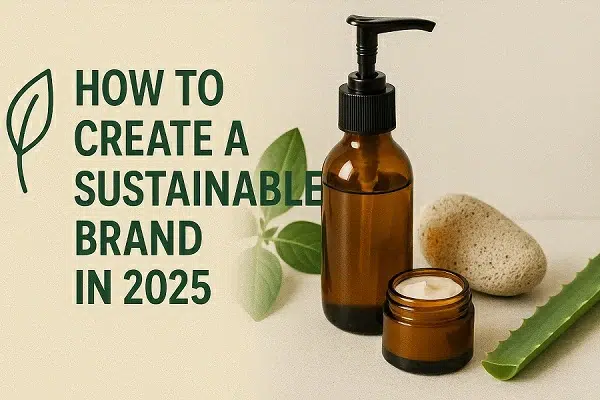Whether you are a passionate makeup artist looking to start selling high-quality branded private-label makeup or a seasoned entrepreneur ready to step up their game, get ready to discover the boundless opportunities private label offers.
Table of Contents

In the ever-growing cosmetics industry, more entrepreneurs and beauty enthusiasts look for ways to establish their own brand uniquely. It is critical to keeping consumers interested in their products.
In the quest to create a unique beauty line, entrepreneurs will come across private-label cosmetics. The private label industry is a game-changing avenue, empowering business owners to shape their brands with unparalleled creativity and control.
Today, building beauty brands entails leveraging the power of private-label cosmetics manufacturers. The information below provides information on the extraordinary potential of working with a private-label cosmetics manufacturer. It explores how private-label products enable aspiring beauty entrepreneurs to establish a strong brand identity, explore creativity, and tap into vast, unique markets.
Understanding Private Label Cosmetics

Private-label cosmetics allow wholesalers and entrepreneurs to create their own distinctive brand identity without the hassle of setting up extensive manufacturing capabilities. It is a partnership between a wholesaler and a specialized manufacturer.
The manufacturer provides manufacturing services where they develop makeup, skincare products, hair care, and other items per the wholesaler’s specifications. The wholesaler then designs and produces packaging and branding elements to ensure they reflect their unique brand identity.
It is easy for wholesalers to brand cosmetic products for unique markets by partnering with separate manufacturers. That is why many entrepreneurs who produce products with cruelty-free, organic, natural, toxin-free, and vegan cruelty-free work with a private label manufacturer.
Besides the endless capabilities of unique branding, private labels have other advantages.
Benefits of Private Label Cosmetics for Wholesalers
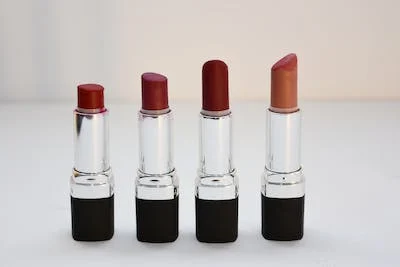
Product Exclusivity
Private-label makeup and cosmetics allow wholesalers to offer exclusive products that may not be readily available.
Without manufacturing challenges, wholesalers can focus on serving customers rarely catered to, such as older adults.
Wholesalers can develop a high-quality formula that serves a specific group, thus marketing themselves as a company that caters to exclusive customers.
Cost Efficiency
Private-label cosmetics can be cost-effective for wholesalers compared to developing in-house manufacturing capabilities.
Private label manufacturers have expertise, facilities, and economies of scale that reduce the initial investment, allowing entrepreneurs on a budget to start their companies.
Wholesalers can instead focus capital on marketing, distribution and brand building.
Faster Time to Market
Developing high-quality products from scratch is time-consuming. And with the changing dynamics of the beauty industry, entrepreneurs need to cater to the customer quickly, meeting their needs on time.
Private label offers a streamlined process where the wholesaler selects from the existing formulations developed by manufacturers, thus reducing production time.
The Process of Creating a Private Label Cosmetic Line

The process of creating a private label line can be broken down into the following key steps:
Define the Brand and Target Market
Entrepreneurs must define the brand identity, values, and target market. Finding a gap in the makeup or cosmetics industry can help narrow down a niche and, thus, the target market and brand.
Wholesalers should consider demographics, preferences, and market trends, ensuring that the products and brand align with the desired customer base.
Research and Select a Manufacturer
The most crucial step is picking a manufacturer that aligns with the brand’s requirements and quality standards. A good private label manufacturer provides an extensive library of products.
In addition, the manufacturer should have production capabilities that meet the brand’s demands. They must have the ability to customize formulations and packaging.
Most importantly, good manufacturers must be certified.
Product Selection and Customization
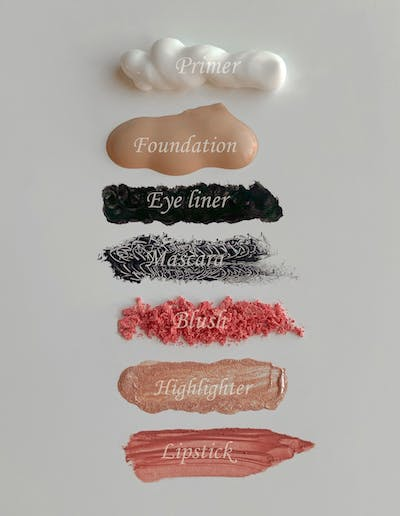
From the product choices the manufacturer offers, wholesalers should pick the cosmetics they want to include in the product line—skincare, makeup, body care, hair care, and serums.
With a defined product line, the brand can work with the manufacturer to customize the products with unique ingredients, colors, scents, and textures.
Branding and Packaging
The company may then develop the brand identity with a logo, brand name, and visual elements representing the brand’s image. Companies may work with professional designers to develop brand identifiers that resonate with the target customers.
In addition, the company should collaborate with the manufacturer to customize packaging to meet the brand’s identity.
Companies must consider materials (plastic, acrylic, glass), shapes (unique shapes make the products more noticeable), functionality (keeping the products sealed but also aiding application), and similar relevant factors.
Identify Sales Platforms
Companies must identify the most favourable places to see products to reach the target audiences. They can determine this by researching competitors and where they sell their products.
In addition, companies may determine the best sales platforms from the types of products they offer, as private-label makeup may not perform as well on the same platform as skincare items.
Marketing
After choosing where to sell the cosmetics, the company can create a market strategy that caters to the customers, saves money, and has long-term effects.
Options include paid advertisements, SEO, influencer marketing, and social media marketing. Wholesalers should also explore unique marketing avenues. For example, giving discounts to an authorized customer or giveaways for consumers who check in at the location on social media.
Gather Feedback and Data

It is worth getting feedback from happy and unhappy customers after the launch. Feedback from consumers helps the company learn, improve, and thus grow.
Brands can research what consumers say about their products through reviews online and social media posts. Similarly, companies should keep track of the sales and demands for various products to understand the market’s needs and what they can improve on.
Restrategize and Expand
With data and feedback, companies may modify their marketing strategies to reach their target markets better.
They can make better formulas to serve the changing needs of consumers. It results in newly formulated products, a more streamlined inventory, a smoother supply chain, and better customer experiences.
Brand Identity
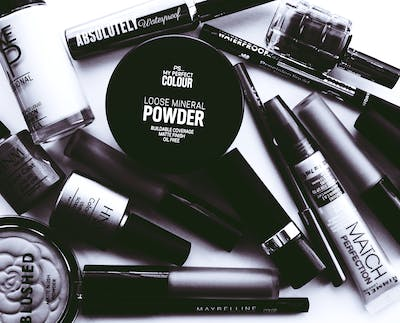
Companies in the private label cosmetic line should consider elements that resonate with the target market. For example, when dealing with color cosmetics, visual appeal plays a crucial role, as Pinnacle Cosmetics proves with eye-catching and aesthetically appealing packaging designs.
In addition, consistency in branding across product lines reinforces brand identity. Companies should also craft a compelling brand story that communicates unique selling points. Finally, engaging with customers on social media and other platforms aids brand recognition and loyalty.
Final Thoughts
Private-label cosmetics allow companies to shape their brand identity with creativity and control. From captivating packaging to unique branding, private labels stand out in the cosmetics market. We welcome wholesalers to partner with us for unique ready-made products and packaging. Reach out today to learn more.




